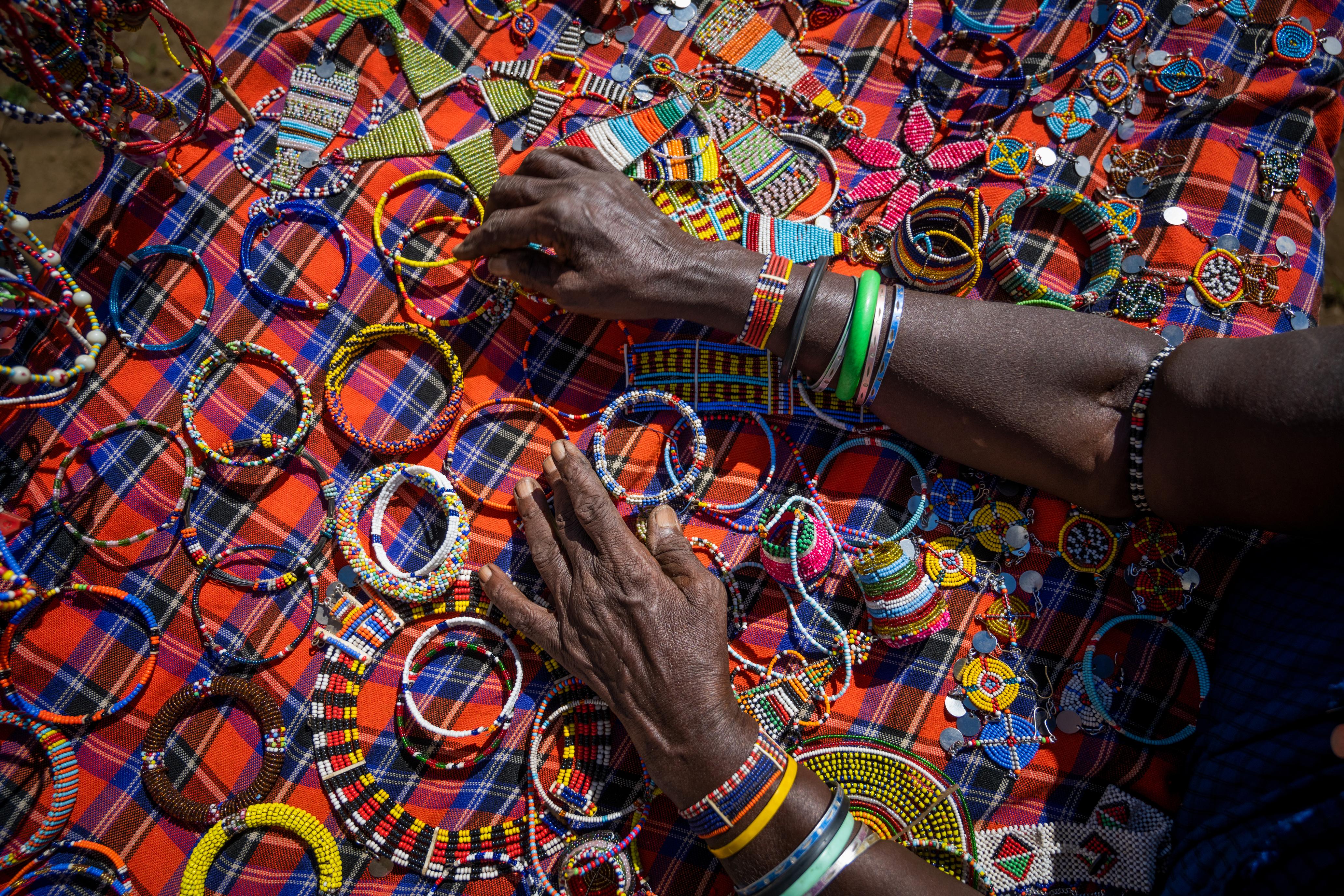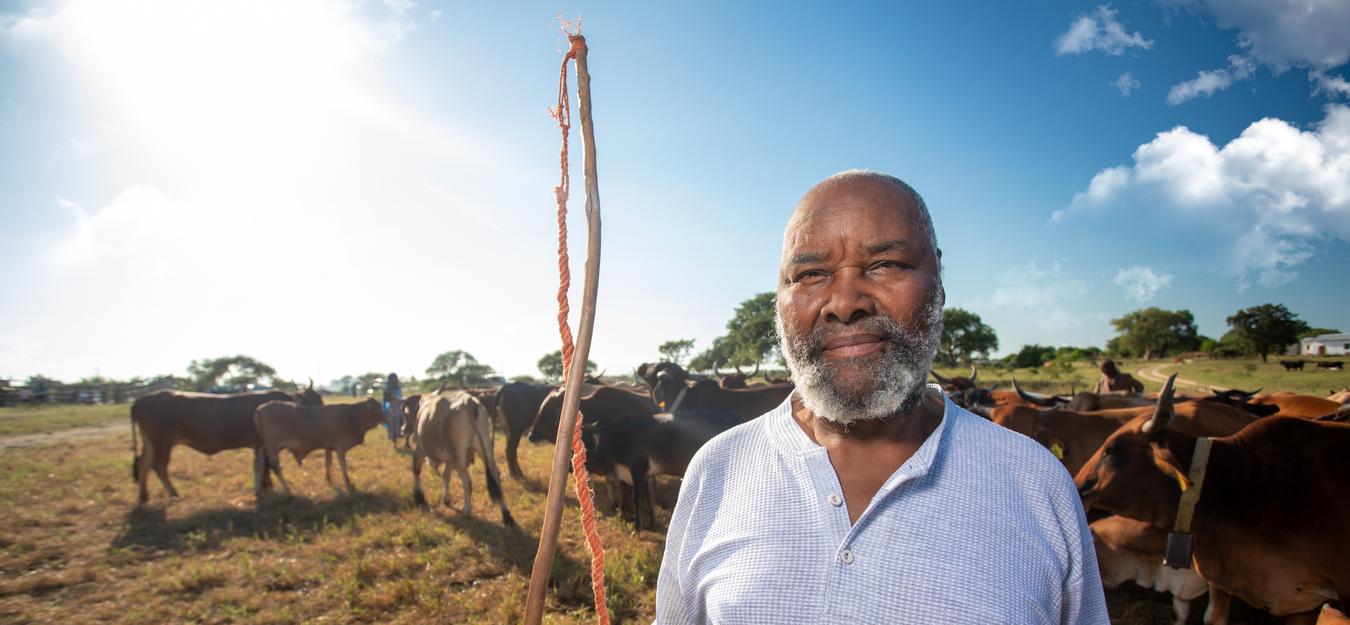
What if nature and people could thrive in the same place, forever? What if communities could improve their livelihoods and food security and become more resilient to climate change without further damaging biodiversity and nature’s life-support systems?
Conservation International aims to link sustainable production and nature conservation in the world’s most critical ecosystems. We work with communities and corporations to design and implement sustainable development initiatives that conserve and restore nature — what we call “nature-positive” economies.
Our goal is transform the lives of local communities across 400,000 square kilometers (154,000 square miles) by helping them build businesses and livelihoods linked to nature.
How we’ll do it
Use science to show corporations and governments that protecting, restoring and better managing nature also helps build more robust economies and livelihoods.
Collaborate with more than 200 companies in key industries like coffee, fashion and palm oil through alliances such as the Sustainable Coffee Challenge and the Fashion Pact.
Connect food, jobs and nature by promoting community-based sustainable livestock herding and regenerative agriculture.
Increase funding for nature-based development to more than US$ 30 million and create at least five new sustainability models for major companies to adopt.

In action
Herding for Health
Southern Africa is a patchwork of protected areas and community lands, where people and wildlife — such as lions, elephants and rhinos — share the land.
Many communities in the area face extreme poverty, and the savannas they depend on for cattle herding are becoming increasingly barren. Overgrazing, invasive plants and climate challenges are making it harder for families to sustain their livelihoods, raising the risk of conflict with wildlife.
To address these challenges, Conservation International launched one of our most successful projects, Herding for Health. Working shoulder-to-shoulder with pastoral communities, we’re bringing back ancient grazing practices and Indigenous traditions that help the land rest and recover, helping people and wildlife to thrive.
Through the initiative, farmers graze their livestock in a way that enables the land to recover. As native grasses grow back, they provide renewed habitats for wildlife and develop extensive root systems that sequester climate-warming carbon deep underground. With more grass to eat, cows arrive at market healthier, fatter and much more likely to command a premium price.
YOU CAN HELP HEAL OUR PLANET AND PROTECT OUR FUTURE
Join a passionate, visionary collective of donors as we work together to heal our planet and protect our future. In today’s unpredictable world, the need to be nimble and responsive has never been clearer. Whether in times of crisis, opportunity or new discoveries, plans must evolve. Flexible funding enables Conservation International’s scientists and experts to act with intention, agility and courage.
You can make a campaign gift to help Conservation International heal our planet to protect our future.